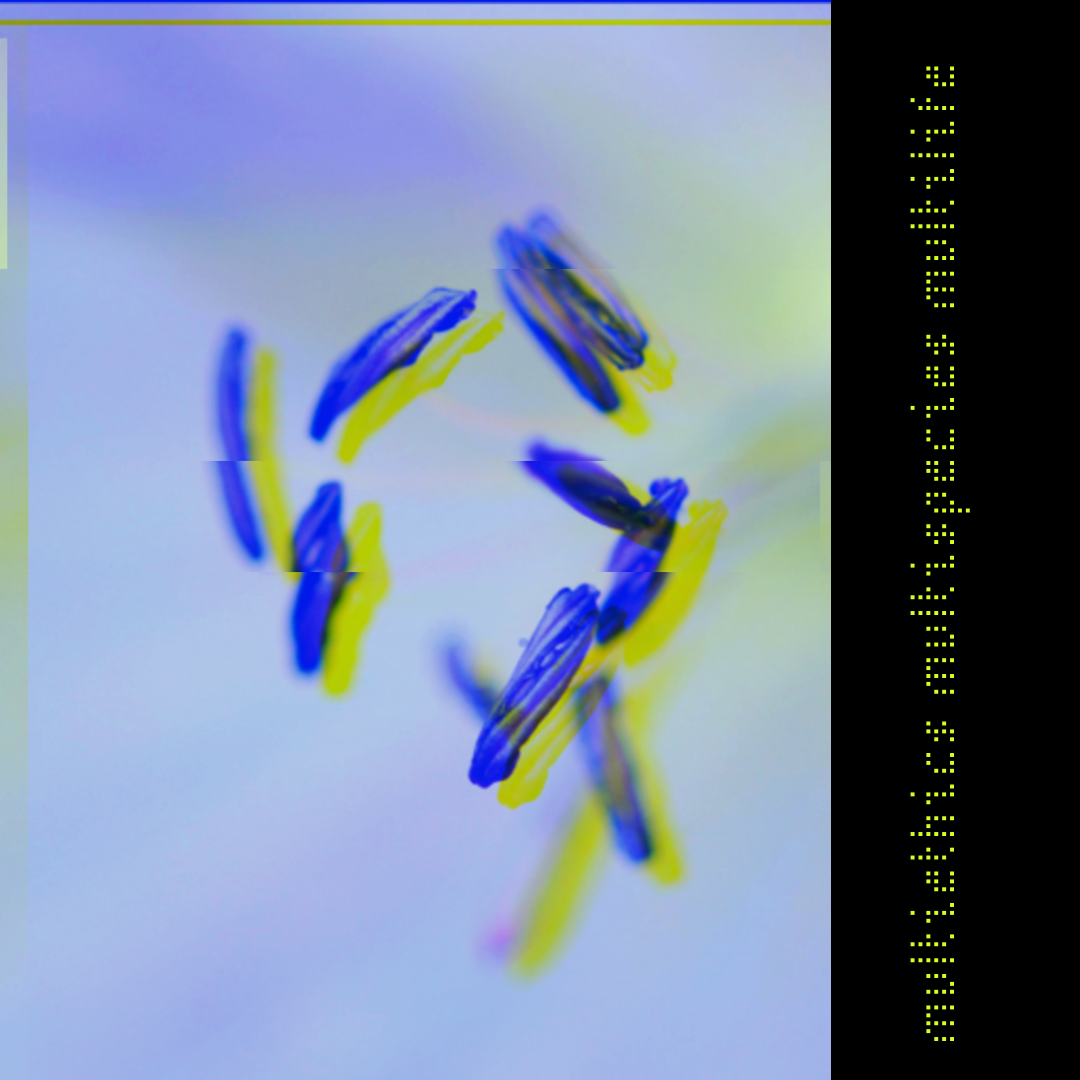
Muriel Nelson
Artist Statement: Talking & Listening to Plants
There’s something magnetic about plants. Some attract and others repel us—and bears and birds and bugs and each other. Even the least susceptible of us is made to eat plants and excrete, fertilizing seeds for new seductions. Organic gardeners are happy to opine about companion plants and the opposites. So where’s the art in this magnetism? For me, it’s in the mysteries. Emily Dickinson writes:
When they come back — if Blossoms do —
I always feel a doubt
If Blossoms can be born again
When once the Art is out —
When my neighbor’s dogwood “comes back,” I wonder what draws it to turn its blossoms our way, for us and all who pass to see, even though we’re east of it, not on its sunniest side. When we exclaim over hot pink blooms of wild currants here in the Pacific Northwest, and gasp at the size of large-for-wildflowers trilliums and rhododendrons, we stop gasping when face-to-face with huge blooming skunk cabbages. Do some pollinators love that stink? Why do some of us need to save a wilting cucumber plant and feel a rush of joy when it holds up its leaves again? How did forget-me-nots evolve to make seeds stick to us like Velcro? How about pitcher plants and touch-me-nots, and even dead Christmas trees which answer touch with their scents, and may cause us to think of planting their kind outdoors?
For me, even greater mysteries of positives and negatives take place underground or high above us in what seem to be social behaviors of some trees. Researchers in British Columbia have looked at ways a mother tree feeds the roots of surrounding seedlings, and in Costa Rica, observers have noticed trees limiting the growth of their canopies, allowing light to reach all the surrounding trees as well.
I’ve been surrounded by native trees for most of my life, and they show up frequently in my poems. I think of trees as companion beings in our care with lives parallel to ours. It’s those parallels that I often draw on for poems. On the other hand, I owe much to my maternal grandfather and great-grandfather who felled virgin timber with hand tools to make their homes in this part of the world. To further complicate my love of trees, I also treasure the wooden furniture my dad made, and books, too, of course. I am concerned about global warming, but the elegy published here is quite local, focusing on the disappearing saw-toothed skyline of evergreens which used to wrap all around us here in Washington State except on our westernmost edge where the Pacific Ocean meets the sky.
MURIEL NELSON’s publications include Part Song (Bear Star Press, Dorothy Brunsman Poetry Prize), Most Wanted (ByLine Press, ByLine Chapbook Award), and Please Hold (Encircle Publications, Poetry Chapbook Award). Nominated five times for the Pushcart Prize, Nelson’s poems have appeared in Beloit Poetry Journal, Bloom, Canary, Guesthouse, Hayden’s Ferry Review, Hunger Mountain, New American Writing, Ploughshares, Smartish Pace, Superstition Review, and several anthologies. Two of her poems have been set to music. She holds master's degrees from the University of Illinois School of Music and the MFA Program for Writers at Warren Wilson College, and lives in Washington State.

